- Reshaping Narratives: Key developments in Ghana signal progress, impacting business and delivering vital news in ghana for investors and citizens alike.
- Economic Performance and Investment Climate
- Political Landscape and Governance
- Strengthening Democratic Institutions
- Infrastructure Development and Connectivity
- Social Development and Human Capital
- Healthcare Access and Improvements
- Regional Integration and International Relations
Reshaping Narratives: Key developments in Ghana signal progress, impacting business and delivering vital news in ghana for investors and citizens alike.
Ghana is experiencing a period of significant transition and growth, evidenced by developments across various sectors. Understanding these shifts is crucial, not only for its citizens but also for investors seeking opportunities within the West African nation. Access to reliable and comprehensive information, effectively news in ghana, is paramount for informed decision-making in today’s dynamic environment. The country’s evolving economic landscape and political climate are attracting increasing attention, demanding a closer look at the factors shaping its future.
This article aims to provide a detailed overview of key developments in Ghana, spanning economic indicators, political changes, infrastructural projects, and social trends. It will delve into the opportunities and challenges present, offering insights for both local stakeholders and international observers. By examining these areas, we seek to present a nuanced perspective on Ghana’s progress and its potential for further advancement.
Economic Performance and Investment Climate
Ghana’s economy has historically been reliant on commodities like gold, cocoa, and oil. Recent years have seen a conscious effort to diversify, with a focus on developing the manufacturing and service sectors. This shift is evidenced by government initiatives aimed at attracting Foreign Direct Investment (FDI) and fostering a more conducive business environment. While economic growth slowed in recent times due to global events and domestic challenges, the long-term outlook remains positive, driven by a youthful population and a growing middle class. The availability of clear, accurate news in ghana regarding economic policies is essential for attracting and sustaining investor confidence.
However, challenges remain, including inflation, unemployment, and a substantial debt burden. Addressing these issues requires careful fiscal management and strategic investments in key growth areas. A transparent and accountable governance structure is also vital for instilling investor confidence and ensuring sustainable economic development.
| GDP Growth Rate | 3.4% | 3.8% |
| Inflation Rate | 31.7% | 25.0% |
| FDI Inflow (USD Billions) | 2.7 | 3.1 |
Political Landscape and Governance
Ghana is considered a beacon of democracy in West Africa, consistently holding peaceful and transparent elections. The political landscape is dominated by two main parties, the New Patriotic Party (NPP) and the National Democratic Congress (NDC). The current administration, led by the NPP, is focused on implementing policies to stimulate economic growth, improve infrastructure, and address social inequalities. Continued political stability and effective governance are crucial for attracting investment and fostering sustainable development. Access to unbiased news in ghana concerning political developments is vital for informed public participation and accountability.
Maintaining a robust and independent judiciary, upholding the rule of law, and strengthening anti-corruption measures are essential for building a strong and resilient democracy. Transparency in government operations and engagement with civil society organizations are also vital for fostering trust and promoting good governance.
Strengthening Democratic Institutions
A key focus for Ghana’s political future is solidifying its democratic institutions. This necessitates investing in capacity building for the Electoral Commission, Parliament, and the judiciary. Strengthening these institutions not only enhances their effectiveness but also safeguards against potential threats to democratic principles. Transparency and inclusivity in the legislative process are equally important, ensuring that the voices of all citizens are heard and represented. The media plays a crucial role in holding power accountable and providing citizens with the information they need to participate meaningfully in the democratic process, and delivering reliable news in ghana.
Addressing concerns around campaign finance reform is vital to preventing undue influence on the political system. Clear regulations are needed to limit spending, disclose donors, and ensure a level playing field for all political parties. Investing in civic education initiatives can also empower citizens to become more informed and engaged participants in the democratic process. This, in turn, strengthens the foundations of Ghana’s democracy and enhances its resilience to challenges. The long-term benefits of a well-functioning democracy are substantial, fostering economic growth, social progress, and political stability.
Furthermore, fostering greater collaboration between the government, civil society organizations, and the private sector is essential for promoting good governance. This collaborative approach can lead to more effective policies, improved service delivery, and a more inclusive and sustainable development path for Ghana.
Infrastructure Development and Connectivity
Ghana is undertaking significant infrastructure projects aimed at improving connectivity, enhancing productivity, and attracting investment. These projects include the construction of new roads, railways, ports, and energy facilities. The development of these infrastructure networks is crucial for reducing transportation costs, facilitating trade, and supporting economic growth. Access to up-to-date news in ghana on infrastructure projects can help track progress, identify potential bottlenecks, and ensure effective implementation.
Investing in renewable energy sources is also a priority, as Ghana seeks to reduce its reliance on fossil fuels and promote sustainable energy development. This includes projects involving solar, wind, and hydropower. Enhancing digital infrastructure, particularly expanding broadband access, is equally important for promoting innovation, driving economic growth, and bridging the digital divide.
- Road Network Expansion: Ongoing projects to upgrade and expand the national road network.
- Rail Infrastructure Development: Plans to rehabilitate and modernize the railway system.
- Port Modernization: Efforts to increase the capacity and efficiency of Ghana’s ports.
- Energy Sector Investments: Initiatives to expand electricity generation capacity and improve access to energy.
Social Development and Human Capital
Ghana recognizes the importance of investing in its human capital to unlock its full potential. Significant progress has been made in improving access to education and healthcare, but challenges remain. Ensuring quality education for all, particularly in rural areas, is a key priority. This requires investments in teacher training, infrastructure development, and curriculum reform. Providing affordable and accessible healthcare services is also vital for improving the health and well-being of the population, delivering positive news in ghana.
Addressing social inequalities, such as gender disparities and regional imbalances, is also crucial for promoting inclusive development. Empowering women and girls through education, economic opportunities, and political participation is essential for achieving sustainable and equitable growth. Strengthening social safety nets and providing targeted support to vulnerable groups can help reduce poverty and inequality.
Healthcare Access and Improvements
Significant strides have been made in expanding healthcare access across Ghana, particularly through the National Health Insurance Scheme (NHIS). However, challenges persist in ensuring quality healthcare services, particularly in rural and underserved areas. Investing in healthcare infrastructure, including hospitals and clinics, is crucial, as is increasing the number of trained healthcare professionals. Addressing maternal and child health remains a top priority, requiring targeted interventions to reduce mortality rates and improve overall health outcomes. The dissemination of accurate news in ghana pertaining to healthcare initiatives is essential for raising awareness and promoting preventative care.
Strengthening disease surveillance and response systems is also vital for protecting the population from public health threats. Investing in research and development can help identify and address emerging health challenges. Furthermore, promoting healthy lifestyles and preventative healthcare measures can reduce the burden on the healthcare system and improve overall population health. This includes initiatives to promote healthy eating, exercise, and regular medical checkups.
Expanding access to mental healthcare services is an increasingly important priority, as mental health issues are often stigmatized and undertreated. Integrating mental healthcare into primary healthcare settings can help reduce stigma and improve access to care. Investing in training for healthcare professionals in mental health is also essential.
Regional Integration and International Relations
Ghana plays a leading role in regional integration initiatives, particularly within the Economic Community of West African States (ECOWAS). These initiatives aim to promote trade, investment, and cooperation among member states. Strengthening regional partnerships is crucial for fostering economic growth, enhancing security, and addressing common challenges. Staying informed about pertinent news in ghana regarding its international relations is essential for understanding its regional role.
Ghana also maintains strong relations with key international partners, including the United States, the European Union, and China. These partnerships provide opportunities for investment, trade, and development assistance. Continued engagement with these partners is vital for supporting Ghana’s development agenda.
- ECOWAS Integration: Actively promoting economic and political integration within ECOWAS
- Trade Agreements: Seeking favorable trade agreements with key international partners.
- Diplomatic Engagement: Engaging in proactive diplomacy to advance Ghana’s interests.
- Development Partnerships: Leveraging development assistance from international organizations.
Looking ahead, Ghana faces both opportunities and challenges. By embracing innovation, investing in its people, strengthening its institutions, and fostering a conducive business environment, Ghana can unlock its full potential and achieve sustainable development. Continued commitment to good governance, transparency, and accountability will be essential for ensuring a prosperous and equitable future for all Ghanaians.

